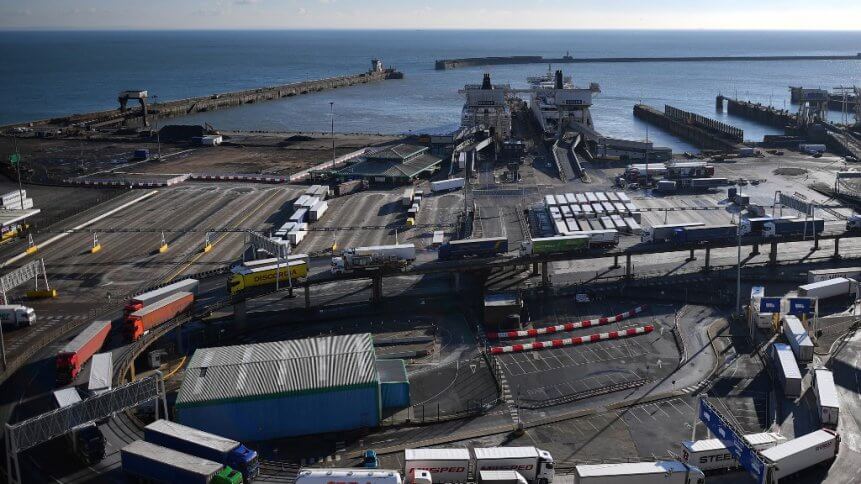Uber Freight fortifies shipping, logistics play with new acquisition

Ride-sharing pioneer Uber has been shedding dead weight divisions over the past year as it bids to finally turn the corner on profitability – but trucking division Uber Freight is not one of them.
If anything, the rideshare giant is making a sizable investment in its supply chain management interests with an announcement last week that Uber Freight will be acquiring transportation logistics planning company Transplace, in a deal that is being valued at US$2.25 billion.
Current Transplace owner TPG Capital has agreed to a deal that is made up of cash and up to US$750 million in Uber common stock. TPG Capital is the private equity platform of alternative asset firm TPG, that acquired Transplace in 2017. Once the acquisition goes through the customary regulatory approval process, the newly joined entities are expected to integrate the processes and systems of their complementary assets, with the long-term aims of digitally transforming shipping supply chains, providing operational resilience, and lowering costs.
While Transplace is considered one of the preeminent third-party logistics (3PL) providers in North America, Uber Freight is no slouch itself. Both companies operate significant software platforms and tools for supply chain management and logistics, with Transplace claiming to have one of the largest such software platforms on the planet.
Uber Freight meanwhile has upwards of 70,000 digitally enabled carriers on its network, equipping them to ship goods for companies, and has been using its extensive network to transform long-established freight booking and pricing practices, with an eye towards reducing inefficiencies and increase industry collaboration opportunities.
The combination of Uber Freight’s carrier network and Transplace’s shipper technology and operational solutions is expected to produce one of the most comprehensive shipping technology suites as well as a fully scaled logistics platform – which if properly integrated, should be able to deliver on the needs of both shippers and carriers.
“Carriers will have the ability to collaborate directly with shippers within a seamless marketplace,” Logistics Management quoted a Transplace spokesperson. “They’ll be able to access high quality freight across multiple expanded service lines, including intermodal, cross border and Less-Than-Truckload.”
“The acquisition will combine the world’s premier shipper network platform with one of the industry’s most innovative supply platforms, to the benefit of all stakeholders,” said Transplace CEO Frank McGuigan. “Our expectation is that shippers will see greater efficiency and transparency, and carriers will benefit from the scale to drive improved operating ratios. All in all, we expect to significantly reduce shipper and carrier empty miles to the benefit of highway and road infrastructures and the environment.”
According to Uber Freight, the acquisition comes as the logistics space is undergoing sizable digital transformation to measure up to a volatile and evolving market, where capacity constraints and escalating transportation costs are forcing shippers to look “for technology, support, and solutions that can modernise their supply chain and keep critical goods, and the economy, moving,” said the company in a statement.
YOU MIGHT LIKE

Uber commits to going fully-electric by 2040 or sooner
Uber Freight chief Lior Ron told CNBC’s TechCheck that the deal is a continuation of the company’s long-term vision, which is to bring digital transformation to the shipping logistics and supply chain management sector.
Analysts have suggested that Transplace’s excellent history of integrating with its own successful acquisitions bodes well for the Uber Freight deal, as a smooth integration can be vital to maintaining and growing not only the customer base, but the pool of skilled talent as well.
The acquisition comes as something of a surprise considering that parent company Uber has been selling off its loss-making segments like its flying taxis interest and its autonomous vehicle unit. But during the lean months of the pandemic that effective hobbled its ridesharing business, the company instead invested billions into shoring up Uber Eats and acquiring both food delivery outfit Postmates and alcohol delivery service Drizly.
Most of Uber’s earnings still come from rideshares and food delivery, but the Transplace deal is expected to help Uber Freight finally achieve profitability, breaking even by end-2022. Uber’s trucking division booked US$301 million in revenue in Q1 2021, up 51% year over year.









